In Pennsylvania, it is not uncommon for people to have a child without being married. Although this happens frequently, there are often challenges related to it. That can include a paternity dispute, disagreements about child custody and fathers’ rights in general. From the perspective of the mother and the prospective father, it is important to remember certain key points about how the law addresses the potential challenges that arise. This can be essential for the participants to achieve a positive outcome.
Paternity and how it is determined and acknowledged
Whether the parents are married or not, the child will have the same rights as he or she would have if the parents had been married. The following factors are fundamental regarding paternity: if the parents got married after the child was born; if evidence is shown that the father treats the child as his own and provides support; and if there is evidence shown that the man is the child’s father. Fathers can file an acknowledgement of paternity with the Department of Public Welfare. The mother must provide consent for this to be legal. The father will then have the same rights as if the couple was married at the time.
In some cases, the mother might deny that the man claiming to be the father is in fact the biological father. Not agreeing to the acknowledgement of paternity will mean that the father does not have the rights he would be granted if he was listed as the father. However, the man can ask for genetic testing to determine if he is the child’s biological father. These issues are crucial because without the mother’s approval, the man will not be granted any parental rights.
For out of wedlock births, paternity is key for child custody and parenting time
The best interests of the child are the court’s primary concern. If the parents are deemed competent and capable of providing a child with the financial and emotional support necessary to thrive, then there will likely be a reasonable agreement for child custody and parenting time. Still, disputes or confusion over paternity can be problematic for the mother, the apparent father and the child. In these cases, it is imperative to understand the law. Getting into a dispute with the other person without legal guidance may make the situation worse. For these issues and any other family law concern, it is wise to have assistance to find a reasonable resolution.


